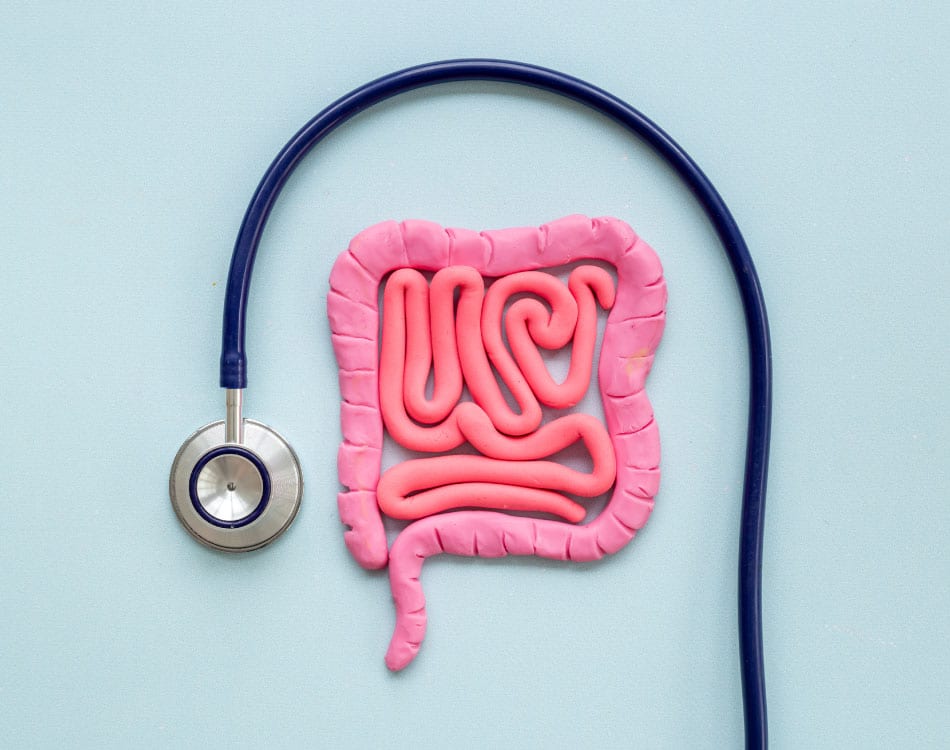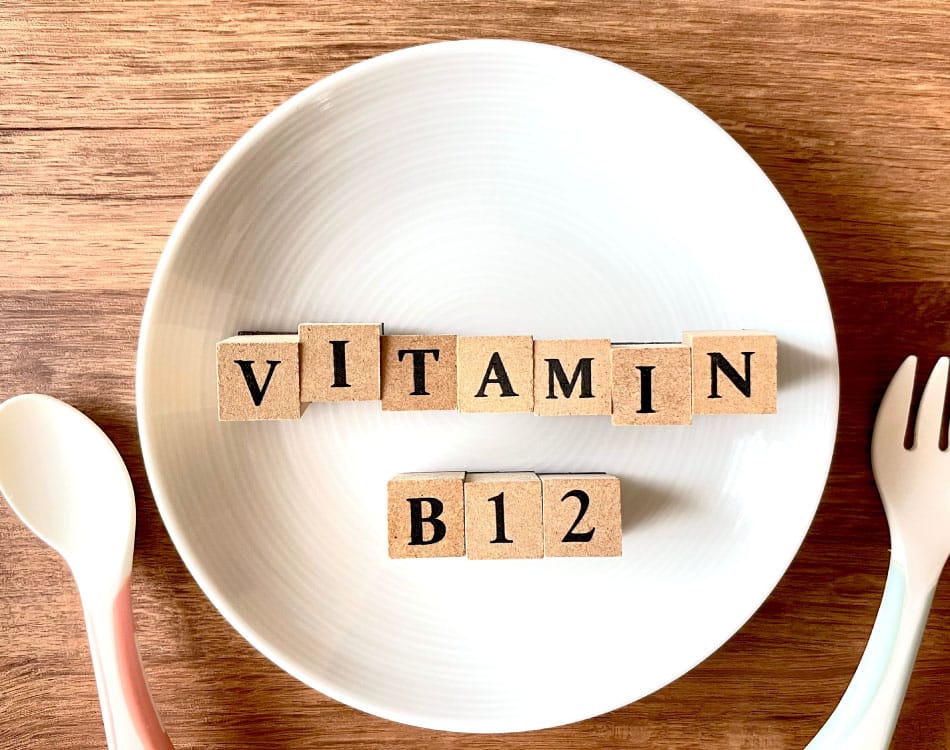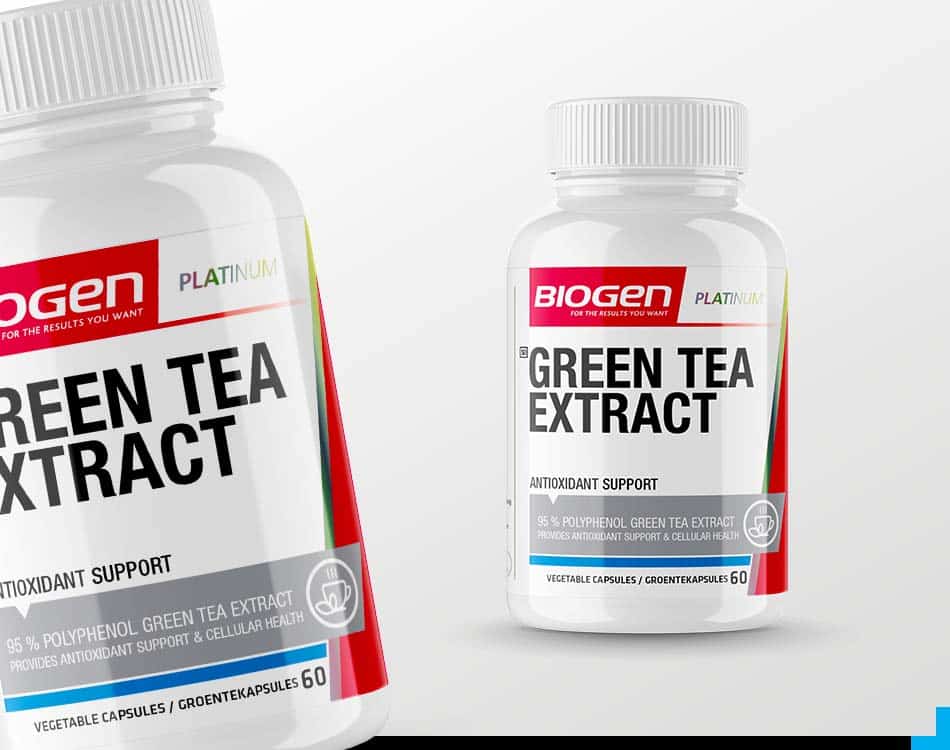Following a healthful diet starts with reading nutritional labels and learning about the nutrient content of the foods you buy most often.
A helpful rule of thumb to avoid overcomplicating your efforts to follow a good diet to buy foods predominantly found on the outer refrigerated sections of your local food store, avoid anything in a box that contains more than five ingredients, and don’t buy foods if cannot recognise or pronounce most of the ingredients on the label.
Go for density
Of these food choices, it is best to select the foods that contain the most nutrients per gram – a concept know as nutrient density. This is a measure of the ratio of nutrient content (in grams) to the total energy content (in kilocalories or joules).
These foods will have a high level of nutrients, which include vitamins, minerals, phytonutrients, essential fatty acids and fibre, in relation to the number of calories the food contains, which means you can eat less food and still get all the nutrition your body needs.
So many benefits
These foods also offer many benefits over processed and refined foods that have little or no nutritional value, such as improved overall health, longevity, vitality, and physical and mental performance. Choosing nutrient dense foods will give you more bang per gram and allow you to eat less, which aids with management or weight loss.
That’s because nutrients are essential for the proper functioning of the human body, including immune system function and they also detoxify and repair our cellular mechanisms to protect us from chronic diseases.
How to boost your nutrient intake
To include more nutrient-dense foods in your diet, follow these helpful tips:
- Choose fresh over frozen foods whenever possible.
- Ensure at least half (if not more) of your daily diet consists of nutrient-rich plant foods, with the majority consisting of leafy greens.
- Opt for a range of colourful plant foods to ensure you get a broad range of nutrients.
- Eat foods that are as close to their natural state as possible.
- Eat as much raw veg and fruit as possible as cooking can destroy nutrients. A food loses most nutrients and enzymes when it is heated beyond 115°C.
- Whenever possible, buy organic produce and meat from trusted suppliers.
- Include cold pressed oils that are raw and organic on salads and as part of other meals.
- Boost the nutrient density of recipes by adding so-called superfoods, which have higher nutrient densities.
- Choose whole-grains over processed and refined carb sources.
- Avoid processed foods, including meats, packaged and convenience foods, as well as dark-meat poultry and deep fried foods.













